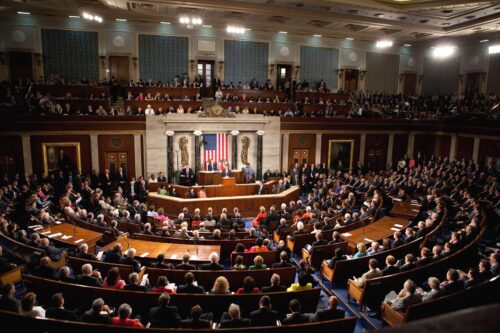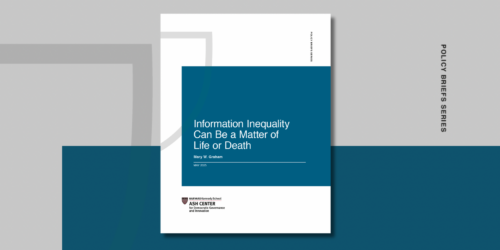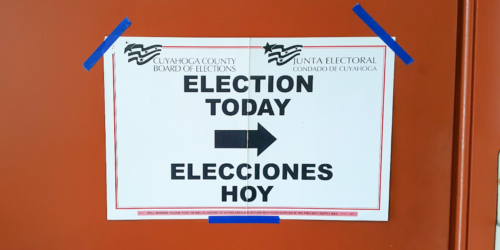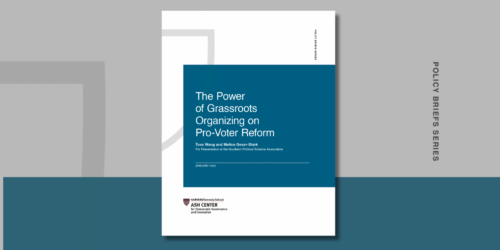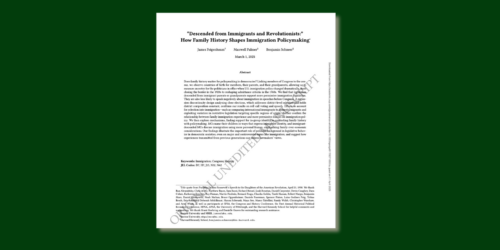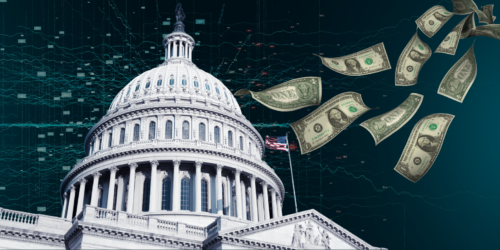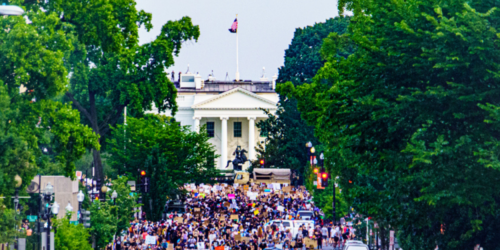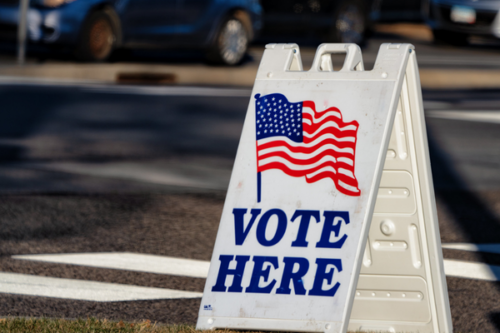
Feature
Reimagining Democracy Summer Reading List
A collection of must-reads curated by Ash Center’s Reimagining Democracy team.
At the Ash Center, we’re working to generate new ideas to reform our democratic institutions for the 21st century.
Allen Lab for Democracy Renovation, Reimagining Democracy Program
Many of our most basic democratic institutions, from the Electoral College to Congress itself, were born in the eighteenth century when American democracy and America looked markedly different than today. At the Ash Center, we’re working to modernize and reform these institutions for a healthy 21st-century democracy.
As political polarization continues to test the strength of even our most bedrock political institutions, the Ash Center brings together scholars, practitioners, and policymakers from across the country to discuss how to protect and modernize our democracy.
Through working groups and convenings, case studies, and research projects, the Ash Center is working to identify reforms both large and small that will help strengthen the future of American democracy for generations to come.
Feature
A collection of must-reads curated by Ash Center’s Reimagining Democracy team.
Feature
The official start of Summer is almost here, and Stephen Richer, Senior Practice Fellow in American Democracy and former elected Maricopa County Recorder, shares his summer reading list with a range of books focused on his work of democracy and elections, as well as his personal favorites.
Policy Brief
In this paper, Mary W. Graham, co-director of the Center’s Transparency Policy Project, examines how unintended information inequities undermine critical health and safety alerts. Focusing on three key policies — wildfire alerts, drinking water reports, and auto safety recalls — she identifies common roots of these disparities and highlights efforts by policymakers to address them.
Commentary
Despite these unprecedented investments in mobilizing voters, overall trust in electoral health, democratic institutions, voter satisfaction, and electoral engagement have significantly declined. What might we be missing? Bruce Schneier and Hillary Lehr explore ways to enhance the voter experience in elections.
Feature
In their latest article for The Conversation, Justin de Benedictis-Kessner and Christopher Warshaw explain that there’s no empirical evidence linking crime trends to leadership by either political party.
Policy Brief
Tova Wang and Melina Geser-Stark argue that while grassroots advocacy has been pivotal in advancing voting rights, it remains overshadowed by the perception that voter reform is the domain of political elites — a view this paper challenges by examining how grassroots efforts mirror modern social movements and drive the push for a more inclusive democracy.
Feature
Occasional Paper
Co-authored by Benjamin Schneer, this study examines the influence of family history on U.S. lawmakers’ views on immigration policy, finding that legislators with immigrant ancestry tend to support more permissive immigration laws and speak more positively about immigration. It examines personal background, including family history and identity, and how that plays a significant role in shaping policymaking.
Additional Resource
Over the past several weeks, the Department of Government Efficiency (DOGE) within the Trump Administration has been embedding staff in a range of United States federal agencies. These staff have gained access to data maintained by the federal government. This guide explains what is in the data, what DOGE is doing with it, and why it matters to all Americans.
Commentary
A recent panel discussion explored global patterns of democratic backsliding, focusing on the experiences of Venezuela, Thailand, and the United States. Moderated by Archon Fung, director of the Ash Center for Democratic Governance and Innovation, the conversation shared insights into how democratically elected leaders systematically erode checks and balances to consolidate power. The panelists highlighted common tactics of democratic erosion, and also strategies for safeguarding democracy.
Commentary
In his latest article for The Conversation, Archon Fung defines “conflicts of interest,” highlights their risks to good governance, and outlines strategies to mitigate their impact.
Feature
In response to the recent anti-democratic patterns in the United States, the Ash Center hosted a panel of Harvard scholars to discuss how civil society can resist democratic backsliding through social mobilization and organizing.
Video
In this webinar, panelists drew upon lessons from around the world about how civil society groups can protect and promote democracy and the rule of law during episodes of democratic backsliding.
Commentary
Ranked choice voting (RCV) aims to expand voter choice and improve representation, but Nolan McCarty’s research warns it could have unintended negative effects on minority communities’ representation and influence.
Commentary
Maya Sen argues that federal courts are unlikely to protect democracy from threats posed by Trump and Musk, as the judiciary’s power to check executive overreach is limited and increasingly challenged.
